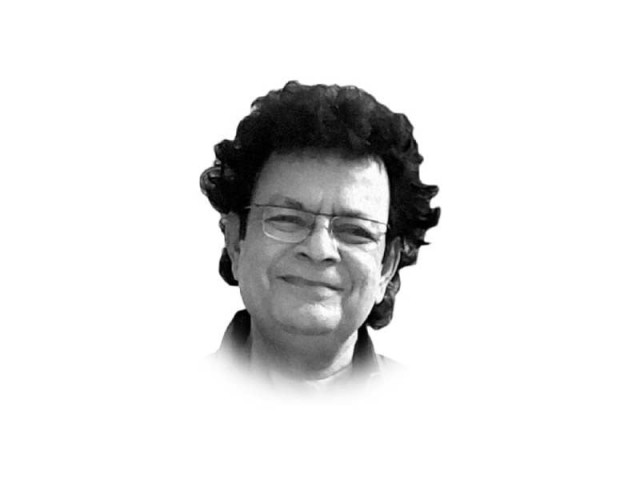Destroy the idols of the mind
The first thing to sail through the inner troubled waters is knowledge of our own selves and others

Friedrich Nietzsche says: “Beware that, when fighting monsters, you yourself do not become a monster for when you gaze long into the abyss, the abyss gazes also into you.”
Imagine a group of boys stranded on a deserted island, free from the shackles of adult authority. What do you expect? Building sandcastles? Sharing stories by the campfire? Think again.
Lord of the Flies by William Golding paints a chilling portrait of innocence curdling into savagery in this sun-drenched yet morally barren paradise. The novel opens with a plane crash, scattering a group of British schoolboys onto an idyllic island. At first, they relish their newfound freedom, playing games and basking in the warmth of self-governance. But beneath the surface, cracks begin to show. Ralph, the sensible one, tries to maintain order with democratic ideals, while Jack, the charismatic hunter, embodies the primal urge for control. Their fragile utopia crumbles as fear and distrust take root. The boys divide, forming tribes defined by hunting and fear of a mythical “beast”. Jack’s hunters, fueled by the thrill of the kill, paint their faces, dance wildly and embrace a brutal code of survival. Ralph, clinging to reason and decency, watches helplessly as the island descends into chaos.
Lord of the Flies is not just a survival story, it’s a brutal exploration of the darkness lurking within human nature. Golding masterfully peels back the layers of civilisation, revealing the primal instincts that can erupt under the right pressure. The boys’ descent into savagery is both horrifying and weirdly believable, a cautionary tale about the thin line between order and chaos. As the island becomes a blood-soaked battleground, the novel poses a chilling question: is savagery an inherent part of us, waiting to be unleashed? Or is it the result of fear, isolation and the absence of moral guidance?
Lord of the Flies is not a comfortable read, but it’s a necessary one. It forces us to confront the darkest corners of human nature and ask ourselves: Who are we really, when the rules are gone?
Carl Jung writes: “Knowing your own darkness is the best method for dealing with the darkness of other people. It would help you to have a personal insight into the secrets of the human soul. Otherwise everything remains a clever intellectual trick, consisting of empty words and leading to empty talk.”
We feel like Browning used to feel: “To find the meaning of our existence is our meat and drink and the rest is nothing.” Hence, the greater part of our lives is meaningless and a self-canceling exercise. We are destined to strive in disorder around and within. And, the only weapon with which we can dispel it is our level of awareness of it. We are like Mitya of The Brothers Karamazov who gives more value to his questioning attitude than anything — and thus wants answers to his queries only.
Therefore, the first thing to sail through the inner troubled waters is knowledge of our own selves and others. Certainly, in pursuit of wisdom, the stepping stone would be to get rid of the underlying feelings from our inners and be like little children again, washed clear of prejudices and discrimination. Following such an approach the humanity will see a turnaround in life, because the insane tug-of-war among people would stand dissipated afterward. Thus man would be the sole reference to the properties of the universe not the universe. Then there will be no need of installing idols at the top of human’s imagination; everything will be willing to act as it would be commanded. And for making the cerebral revolution a reality, we will have to throw away the anachronistic idols of customs and traditions. I believe with this change in the mindset the humanity would stride ahead to have the real fruits of life — the purpose of existence.
Published in The Express Tribune, February 17th, 2024.
Like Opinion & Editorial on Facebook, follow @ETOpEd on Twitter to receive all updates on all our daily pieces.















COMMENTS
Comments are moderated and generally will be posted if they are on-topic and not abusive.
For more information, please see our Comments FAQ